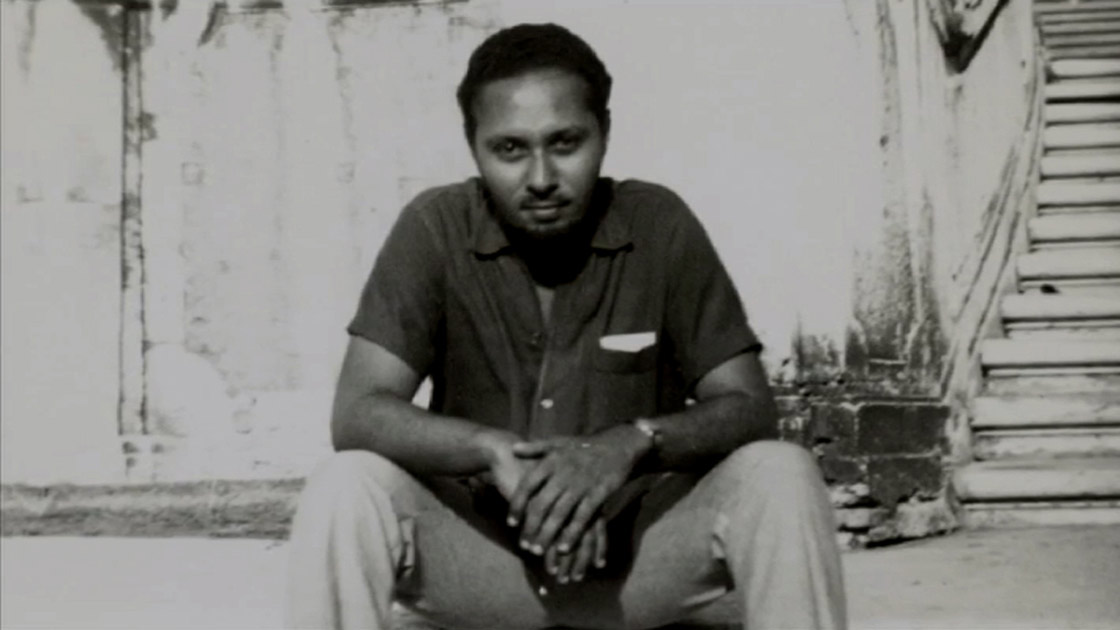The most important public intellectual of the last 50 years
In gratitude to Stuart Hall, a socialist intellectual who taught us to confront the political with a smile.

Stuart Hall.
Stuart Hall was the most important public intellectual of the last 50 years. In an age where having a TV show allegedly makes someone a public intellectual and where the status of the university you work at counts for more than what you have to say, Hall’s work seems even more urgent and his passing, somehow, even sadder.
But for Hall I wouldn’t have become an academic. There was no space for someone like me before Hall. Discovering the field of Cultural Studies as an undergraduate, I found validation and recognition. Suddenly, my background and way of life as a working-class black kid mattered and was important beyond the confines of south London. It’s taken for granted now that culture matters, that popular culture is a site of politics, that politics saturates everyday life, and that these things can and should be studied in a serious manner. But despite their claims, it was not Sociology, or History, or Economics, or even Anthropology that created this space. It was Cultural Studies. Most intellectuals are known for contributing to our knowledge on a particular topic or specific theme. Hall was different. He created an entire new academic discipline, and then mentored just about every significant scholar that came through Cultural Studies in the 1970s and 80s.
Hall did not give me my voice, but he created the conditions under which it was possible for me to speak, be heard and to do so with an enriched conceptual vocabulary. This is the point that pompous French sociologists and supposedly leftist Anglo-American scholars fail to understand when they dismissively disparage the irrelevance of “Cultural Studies” or “multiculturalism” (sometimes used as code words for Hall himself) as mere marginalia. He made it possible for at least two generations of black British scholars to see ourselves as “thinkers” and not mere objects of sociological curiosity. In so doing, Hall forever transformed white academia and intellectual life in Britain and elsewhere.
Hall is also the figure that most makes apparent the critical distinction between being a professional academic committed to career advancement and an engaged intellectual who tries to make a difference through political work. For Hall, the university was always a location but not the destination for the production of ideas. Yet despite this, and the ever-present temptation for self-aggrandizement and inflated self-importance, conditions that afflict contemporary academia, Hall was incredibly generous.
I did not know Hall well but I heard him speak many times and we met on a few occasions. I remember the second time I spoke with him. I had recently taken up my first position as a lecturer at Brighton University. I reintroduced myself and reminded him that I worked on sports and race among other things. Hall gently replied, “I know who you are Ben, I like your work.” I could have happily retired from academia then and there, in my late 20s: “Ben Carrington, author of a few pieces, Stuart Hall knew of him.” At the time I mentioned this story to friend of mine, Garry Whannel whose father, Paddy, had co-authored Hall’s first book The Popular Arts. I assumed that Hall was just being polite; I couldn’t imagine he really knew my work but I appreciated the gesture none the less. Garry immediately corrected me: Hall would have read my work, he wouldn’t have engaged in such false niceties, and if he liked my work he meant it. I felt a sense of embarrassment at projecting my own shallowness onto Hall and a renewed confidence that my own thoughts could matter too. Hall had that affect, a point often lost in commentaries about him. His impact should not just be measured (and remembered) in relation to his own writings but in terms of what he has made possible in the work of countless others.
A few years ago I wrote a piece on black British intellectuals for South Atlantic Quarterly. I emailed Hall a copy. A couple of months later Hall replied. He apologized for the delay saying that he was finding it hard to sit and write because of his health but that he had enjoyed my essay and offered some thoughts on what I had written. In the midst of his deteriorating health, he’d taken the time to respond with a lengthy email. And not just the usual “Thanks for the email Ben, good luck with your work” but with a measured and thoughtful engagement. I can’t think of many (any?) leading intellectuals who would give such time to someone that they barely knew or to someone who couldn’t do something in return for them.
My stories are not unique. I’d guess there are hundreds, likely thousands, of scholars with similar accounts. But what I take away from such memories, in this moment, as sadness threatens to overwhelm, is the deeply committed, deeply humanistic, deeply caring nature of an intellectual who made mentorship and collaboration a defining characteristic of what we should all strive for.
Right now I can see those who have been impacted by Hall’s work rushing to organize symposia and special issues of journals in his honor. That is all fine. He deserves to be remembered within academic spaces. But he was first and foremost an intellectual and an educator committed to socialist politics. Truly wrestling with and celebrating his life’s work means recognizing that truth. Ultimately, like the tradition of radical intellectuals of the left to which he belongs and to my mind now stands above, Hall’s legacy is one that implores us to always confront the political … and to do so with a smile and a generosity of spirit.
Ben Carrington, February 10th, 2014




